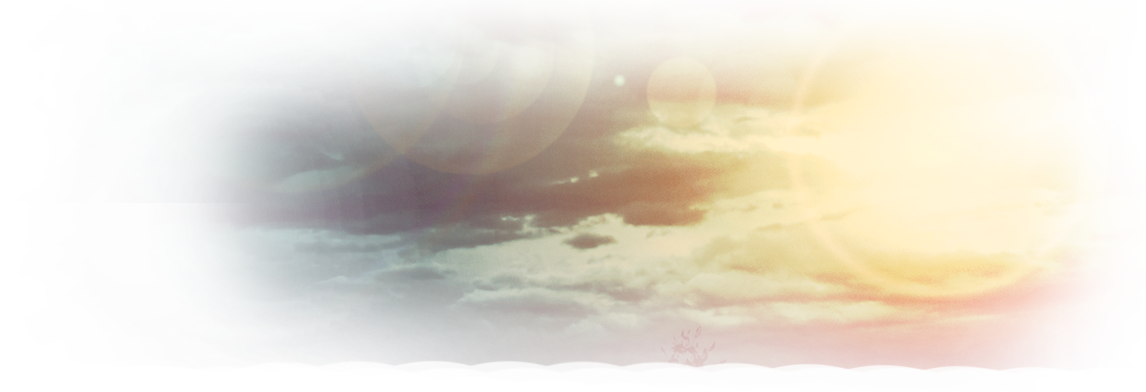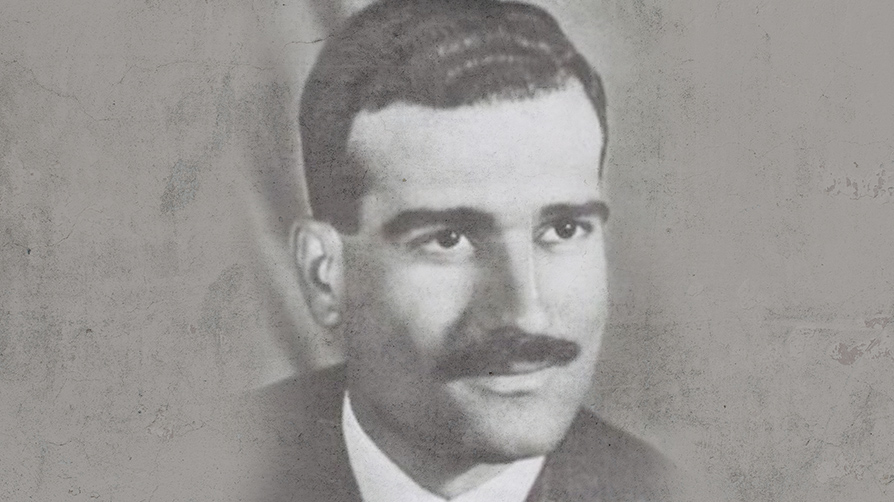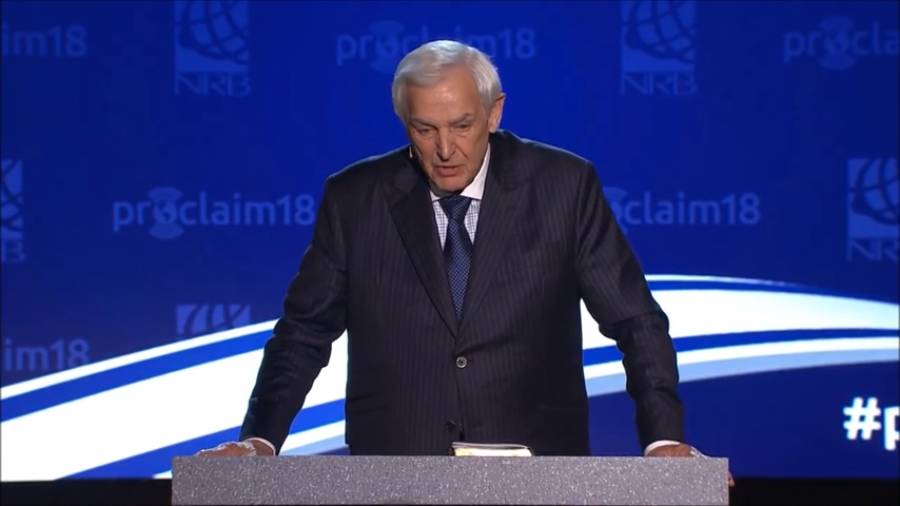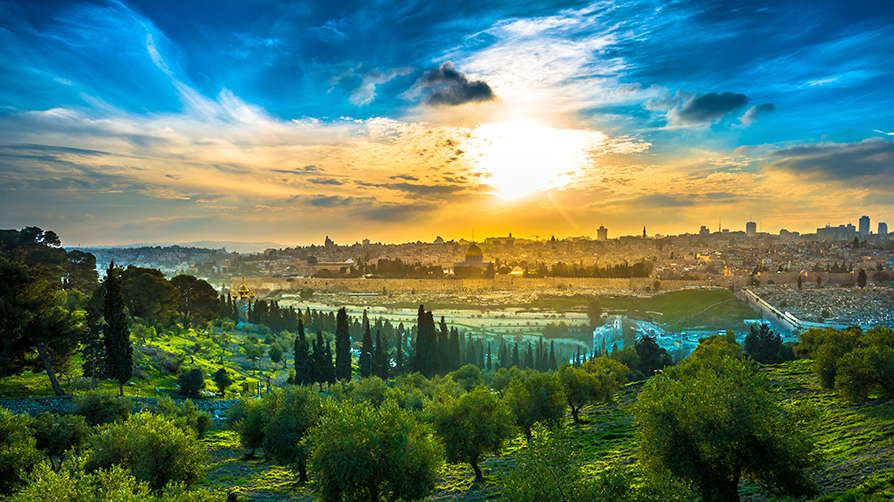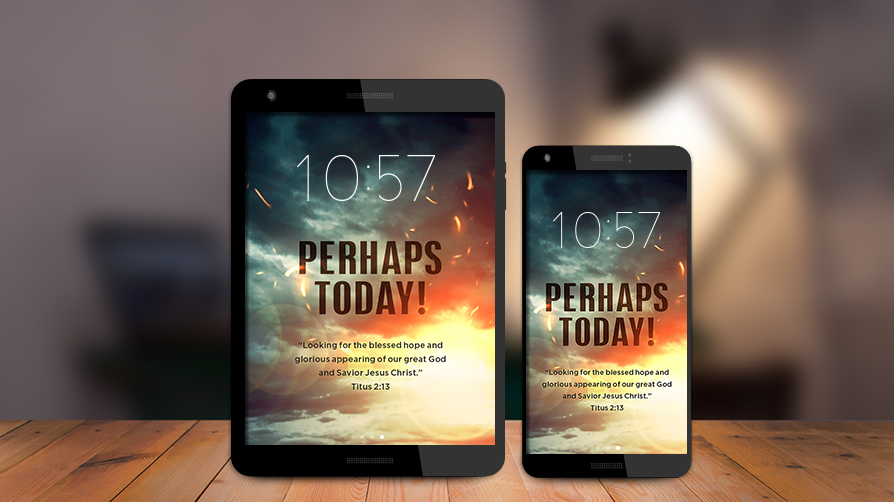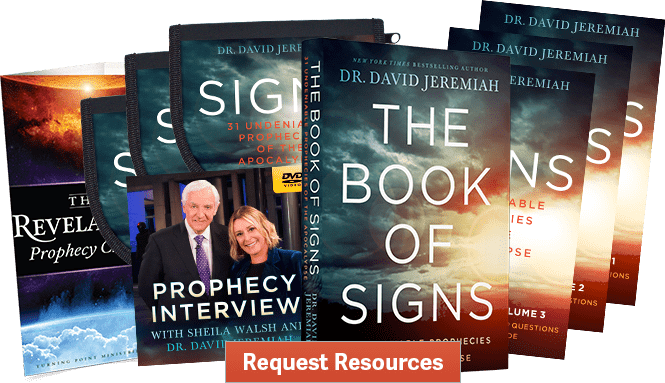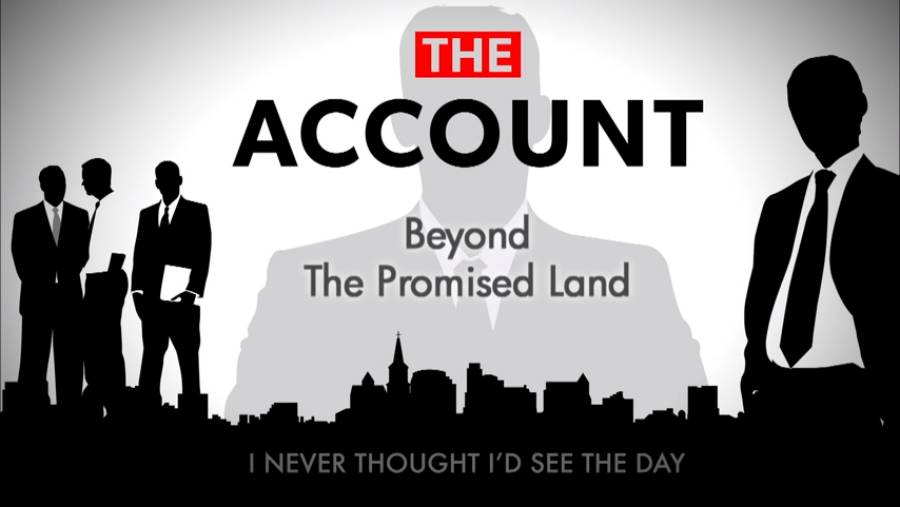

Dr. David Jeremiah Presents
Living inthe Ageof Signs
Online Destination

Living in the Age of Signs
Online Destination

Spiritual Solstice
Today’s Devotion:
Spiritual Solstice
Depending on how one views the calendar, the winter solstice happens at a moment in time between December 21 and 22 each year. It happens at the moment in the earth’s annual orbit around the sun when the earth’s axis is tilted farthest away from the sun. Practically speaking, it marks the end of long nights, short days, and the beginning of short nights, long days.
Spiritually speaking, we long for a winter solstice-type moment in our life when we are going through times of trouble. We want to reach a point when we see more light than darkness in each day, when the darkness of discouragement gives way to the light of joy and hope as the Son rises anew in our life. Until that light appears, we can use the darkness as a time to meditate and reflect on the unchanging character and nature of God. While darkness may affect how we see Him, darkness does not change Him. The psalmist David said he would think about God as he lay on his bed at night. He meditated on Him through the “watches”—the stages, the progression—of the night.
Ask God to walk with you through the stages of your dark night. Remember who He is and what He has done for you.
The greater your knowledge of the goodness and grace of God on your life, the more likely you are to praise Him in the storm.
Matt Chandler
For Your Phone or Tablet
Official Mobile App and Lock Screens
Beyond the Promised Land
This is episode nine from The Account, an original Turning Point Television production that was created to introduce David Jeremiah's teaching series I Never Thought I'd See the Day! Its message remains relevant for us as we are Living in the Age of Signs.
The Account takes you back to the 1960's when the advertising agency of Wyndham Ridgestone landed the most mysterious client in the history of their firm. This shadowy and intimidating Client hires the firm to influence the masses—to sway the behavior of people toward a liberal mindset—to market a moral shift in American culture. The faceless and nameless Client presents ten issues to the advertising firm and employs it to create these morally destructive campaigns.
